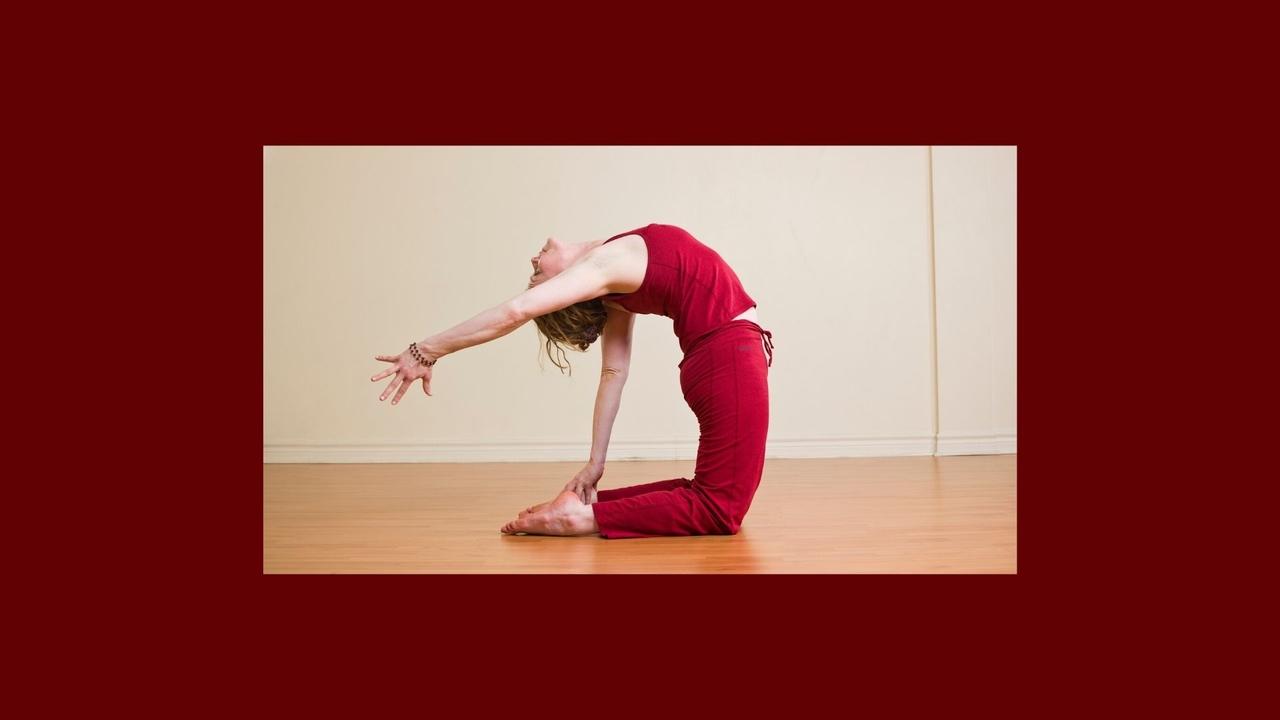Beyond Asana Blog
My weekly blog is a forum for contemplative inquiry into the intersection of yoga practice, traditional teachings, and real life.
As luck would have it, it’s a good day for me to write about the quality of vitality.
Why? Not to make anyone jealous, but I slept about 10 hours last night. There’s nothing like a good night’s rest to help us feel re-vitalized. Believe me, I’m grateful for it. A good night’s sleep can be hard to come by these days. I wonder why?
The quality of vitality – vibrancy, liveliness, and exuberance – is a support, almost a prerequisite, to all the other virtues.
When I feel tired, lazy, and drained it’s harder to be kind, generous, patient, and compassionate. Without vitality, all the other virtues feel like more of an effort.
Conversely, when I’m rested and my energy is restored, all the othe...
In her book, The Optimism Bias, psychologist Tali Sharot writes about the disconnect between the things we think will bring us happiness and the things that actually contribute to our experience of lived happiness moment to moment.
It turns out that the big life goals we expect will lead to our happiness, things like career, marriage, and children, do not necessarily bring us very much actual lived happiness. Turns out, raising children doesn’t correlate highly to moment-to-moment satisfaction. (Wink, wink to all the parents reading this.)
Sure, our life goals are worthwhile, our dharma is important, but what her research showed is that lived experiences of happiness come largely from s...
Have you heard about doctors now actually needing to remind patients to put on pants when they show up for their virtual visits?
Oy. In times like this, it’s easy to let things go. Simple politeness and niceness included. At this point, we might all be feeling a little raw and rough around the edges. But let’s not forget the simple power of just being a nice person.
I remember once sitting next to the actor Danny Glover on a plane. I was surprised at how genuinely nice he was. Kind, respectful, human.
I’ve always been most impressed when those in the public eye, with power to be less than nice, are just really nice.
Niceness feels good. It conveys respect and consideration. While...
First world hair problems aside, much more than our grey is being revealed right now.
In this time of all being laid bare, one thing that becomes clear for all of us I think, is:
Where we turn for inspiration when life feels hard and scary.
Where we look for guidance, comfort, and meaning when we’re unclear and uncertain.
Where we find stability when the ground beneath us feels shaky.
For yogis, I’m not sure we really need to look anywhere new or different. In fact, we already have a foundation of understanding that’s tailor made to help us make sense of uncertainty, to hold us steady in adversity, to anchor us in an unchanging, underlying ground of our own being.
To say this ...
A few days ago, I was listening to a story on NPR about a group of community organizers in Vermont who were putting new systems into place to coordinate their efforts. One of the organizers said something like, “This isn’t the time for thinking about things, it’s a time for taking action, there’s no time for philosophy, things have to get done.”
“No time for philosophy.” That phrase stuck with me. I suspect many of us might be feeling that way just about now. And when it comes to organizing food deliveries for homebound seniors I get it. But for the yogi, I’m not so sure.
I understand how in some ways yoga philosophy might not seem very useful or applicable right now. At a time when so...
Don’t get me wrong, current circumstances aside I really love (and teach, and practice) online yoga. You get the benefit of a virtual teacher while continuing your commitment to your yoga practice, and people are really enjoying the support and connection it affords, especially during this time of social isolation.
Yet, even with the plethora of online offerings, and maybe especially because of them, I find myself craving the intimacy of my independent practice these days more than ever.
By independent practice I mean what I do on my mat without anyone else telling me what to do, how long to do it for, and what to do next.
As a teacher and teacher trainer, I’ve long been a proponent ...
One morning last week was particularly rough. Images on my Facebook feed of children and families playing outside, enjoying their time of social isolation triggered feelings of sadness, desperation, and anger for the children for whom school was their only safe place, their only guaranteed hot meal.
A few minutes later, I checked my Facebook feed and a friend had shared that she was offering a live meditation by donation and that all proceeds would benefit, of all things, a Kids Phone Help Line. Then later that day, a friend whose daughter works for New York State told me about all the people working so hard to get food and support to poor families there.
Sadness and desperation followed b...
I had a dream the other night that I was telling The Blind Men and The Elephant story. Do you know it? It’s a traditional Indian story about a group of blind men who’ve never come across an elephant before. They learn what the elephant is like by touching it.
One puts his hand on the elephant's side and says, “Now I know all about an elephant, he’s just like a wall.” .
The second feels the elephant's tusk and responds, “No, you’re mistaken. He's not at all like a wall. He's more like a spear."
The third takes hold of the elephant's trunk and argues, “You’re both wrong, an elephant is like a snake."
The fourth grasps one of the elephant's legs and says, “No, that’s not right, he's roun...
If ever there was a good time to start a home practice, now is it.
For your well-being, and for the collective well-being.
With everyday life already being disrupted in many places, it’s pretty clear that things are going to get worse before they get better. As one expert I watched yesterday put it, this isn’t just a blizzard, it’s a winter. Many of my studio-owner friends in Europe are already closed for now, and more cancellations, shut downs, postponements are on their way.
If you don’t want to practice with an online class, that’s okay.
Do what you remember.
Do what you love.
Do what feels good in your body.
Even a few full, conscious exhalations,
Or putting your legs up the wall for five mi...
In a recent retreat, one of our participants called me out on not being very good at receiving compliments. It’s true. I hear them, I acknowledge them, they stay with me, but owning, really owning, my good qualities? Yikes that’s hard. In truth, I’m often more comfortable owning my shortcomings, even to the point of being self-deprecating. It’s something I continue to work on, one of the edges I seek to expand in my practice.
Does this comfort in the familiarity of playing small, this discomfort of stepping into our true power, by any chance ring true for anyone else (wink, wink)?
For us as yogis, it's an obstacle. Not because we're looking to be “puffed up” or for our egos to be fed, but...










